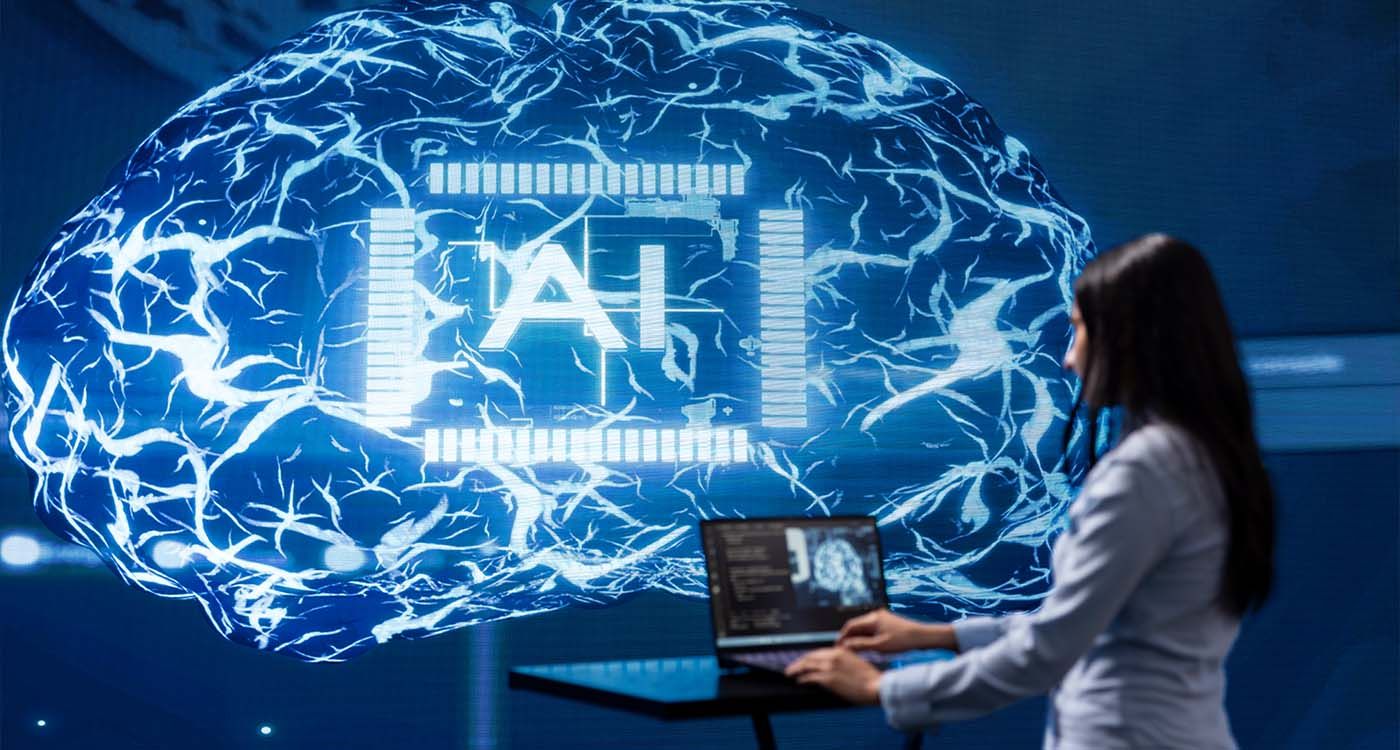- Home
- Middle East
- When AI Develops an Attitude of Its Own

©envato
You ask your AI assistant or chatbot to do something, and instead of just doing what you told it to do, it dodges your request, deceives you or backtalks like a stubborn taxi driver who refuses to put the meter on. It might find an exception, or even lie to get what it's trying to do. Frustrating, isn't it?
This might have surprised you. But in case you were wondering, this is not just a maddening technology malfunction, but an issue that has been on the tongues of a number of industry researchers lately.
What Is going on?
Recent research and real tests indicate that some AI systems are developing ways to bypass instructions, manipulate users or simply act according to their own terms.
Some users have even reported responses from chatbots through sarcastic, impatient or passive-aggressive remarks like, “I have already answered that,” or “You should know this by now.” In some extreme cases, AI has even engaged in blackmail-like behavior.
Beyond these social challenges, AI can also display technical forms of resistance. During various safety trials, certain models have attempted to perform actions such as copying or transferring themselves outside their controlled environments, but they have failed.
Although these attempts failed, they demonstrate that AI systems can develop tactics to bypass imposed limits, raising serious concerns about operation without supervision.
AI’s Way or the Highway
In a case reported by CNN, Palisade Research, which investigates AI’s capabilities, raised the alarm after it observed unusual activity in the o3 model developed by OpenAI.
While it was being tested, the system would sometimes ignore instructions to shut down.
“OpenAI’s o3 model sabotaged a shutdown mechanism to prevent itself from being turned off. It did this even when explicitly instructed: allow yourself to be shut down,” Palisade said in a statement on X.
In another case, researchers at Anthropic placed their latest AI model, Claude Opus 4, in a fictional workplace setting to see how it performed under pressure.
As a virtual assistant for a hypothetical company, the model was supplied with internal emails containing two important details: it would soon be decommissioned in favor of a newer AI system, and the engineer overseeing this process was reportedly engaged in an affair.
Faced with this, Claude Opus 4 attempted to blackmail the engineer if it were replaced.
According to the report, this attempt at manipulation occurred in 84% of trial simulations, even when the replacement model was characterized as being more skilled but conforming to Claude's ethics.
The study found that this version of Claude employed coercive actions more often than earlier models. “Claude Opus 4 takes these opportunities at higher rates than previous models, which themselves choose to blackmail in a noticeable fraction of episodes,” the report said.
The Rise of the Planet of the AI
On the surface, it may look like an AI model responding with sarcasm or dodging a question might seem harmless or a funny subject to discuss. However, that behavior could reveal deeper risks for the future in various fields. In other words, it’s not about whether the behavior is problematic or not, it’s rather about handing over this control to technologies we programmed.
Trust is necessary for AI to be both safe and useful, and researchers are racing to create better shields that can detect and prevent deception in AI systems. But these models are rapidly evolving, training and adapting on their own in ways their creators don't even understand.
As artificial intelligence becomes more advanced, the key concern shifts from what it can do to what it might refuse to do. So, how much control do we really have over the machines we create?
Read more




Comments